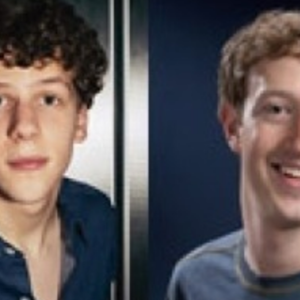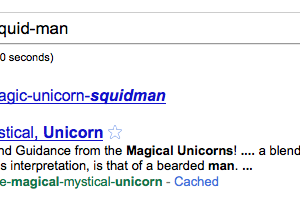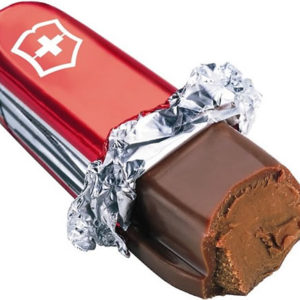Why Goo.gl is a big Whate.vr for link shortening

Recently Google has announced that they will be offering a link shortening service, open to the general public. Last year a new service named bit.ly entered the link shortening scene. With the advent of social media services for mobile, the demand for shorter urls has increased (and will continue to do so). Nobody wants to type out a lengthy url on a smart phone or cell phone. Often times twitter and other services will simply cut urls off altogether.
The following question probably dates me… Am I the only person who remembers tinyurl? They launched about 8 years ago and their website may have also been designed back then too… Despite an outdated design, tinyurl has consistently performed well every time that I have used it. There is even a nifty Firefox tinyurl plugin.
An SEO competitor overseas has suggested that Goo.gl will actually enhance SEO efforts, due to the popularity of social media. I would argue that url sharing quickness would only relate to raw hits. Hits are great, we all want them for our clients, but it doesn’t translate so simply. I wouldn’t expect Goo.gl to impact SEO, even if urls were as much as 50% shorter. If someone is already compelled to share an url with friends, they will share it.
I would however agree that social media and SEO are highly entwined. Majority of people just look things up via search on it rather than typing super long urls. I guess I just don’t see a dramatic time savings here over tinyurl or bit.ly. So my review of the new Goo.gl is: awesome, but whate.vr



